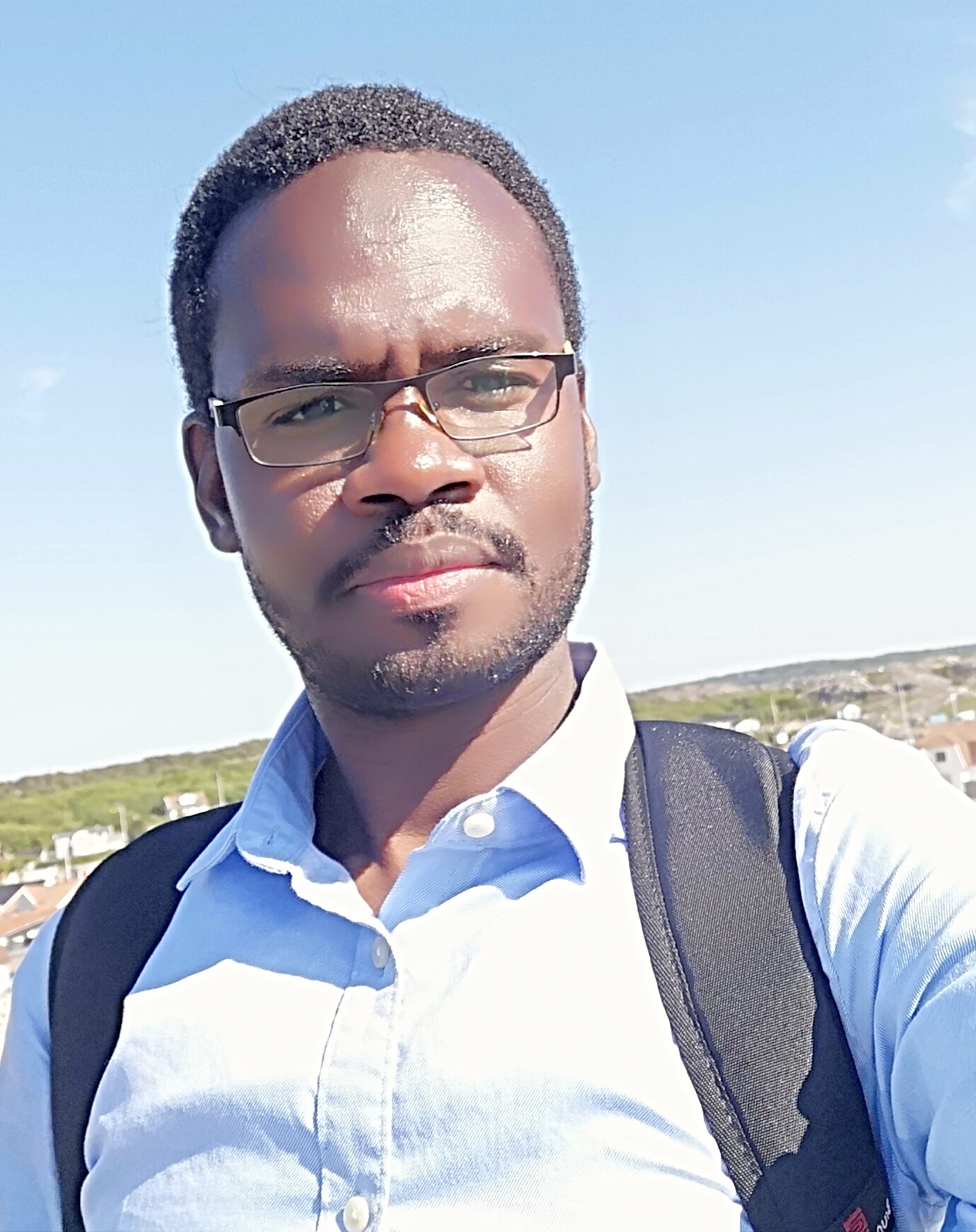 Un nouvel ouvrage vient de paraître : « Dénominations et écritures des couleurs, Regards croisés dans les pays du Sud », par Sylvie GRAND’EURY-BURON et Manuel VALENTIN (dirs).
Un nouvel ouvrage vient de paraître : « Dénominations et écritures des couleurs, Regards croisés dans les pays du Sud », par Sylvie GRAND’EURY-BURON et Manuel VALENTIN (dirs).
Il a fallu l’acharnement des deux directeurs pour parvenir à cette réalisation, qui reflète la réflexion qui s’est poursuivie au cours du Programme TSANGA (Transmissions des Savoirs et Appropriation Numérique des Générations Africaines) qui a réuni à Nancy des chercheurs et étudiants du Sud, en 2017, 2018 et 2019, auquel ont participé des chercheurs du LLACAN.

 Le mercredi 29 novembre 2023, de 10h à 11h, Ahmed SOSAL fera une présentation intitulée « A reconstruction of selected Eastern Omo-Tana root extensions ».
Le mercredi 29 novembre 2023, de 10h à 11h, Ahmed SOSAL fera une présentation intitulée « A reconstruction of selected Eastern Omo-Tana root extensions ».